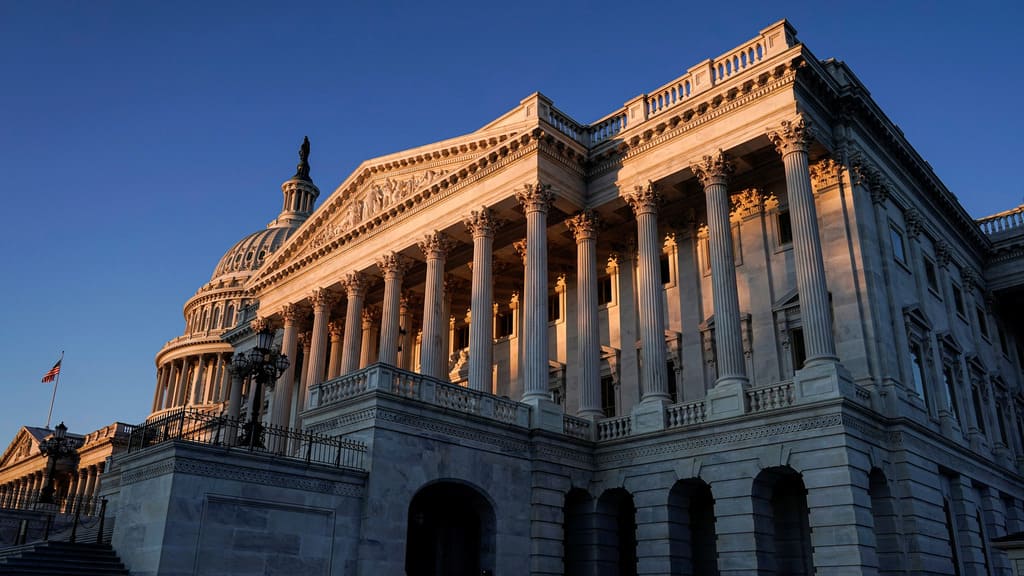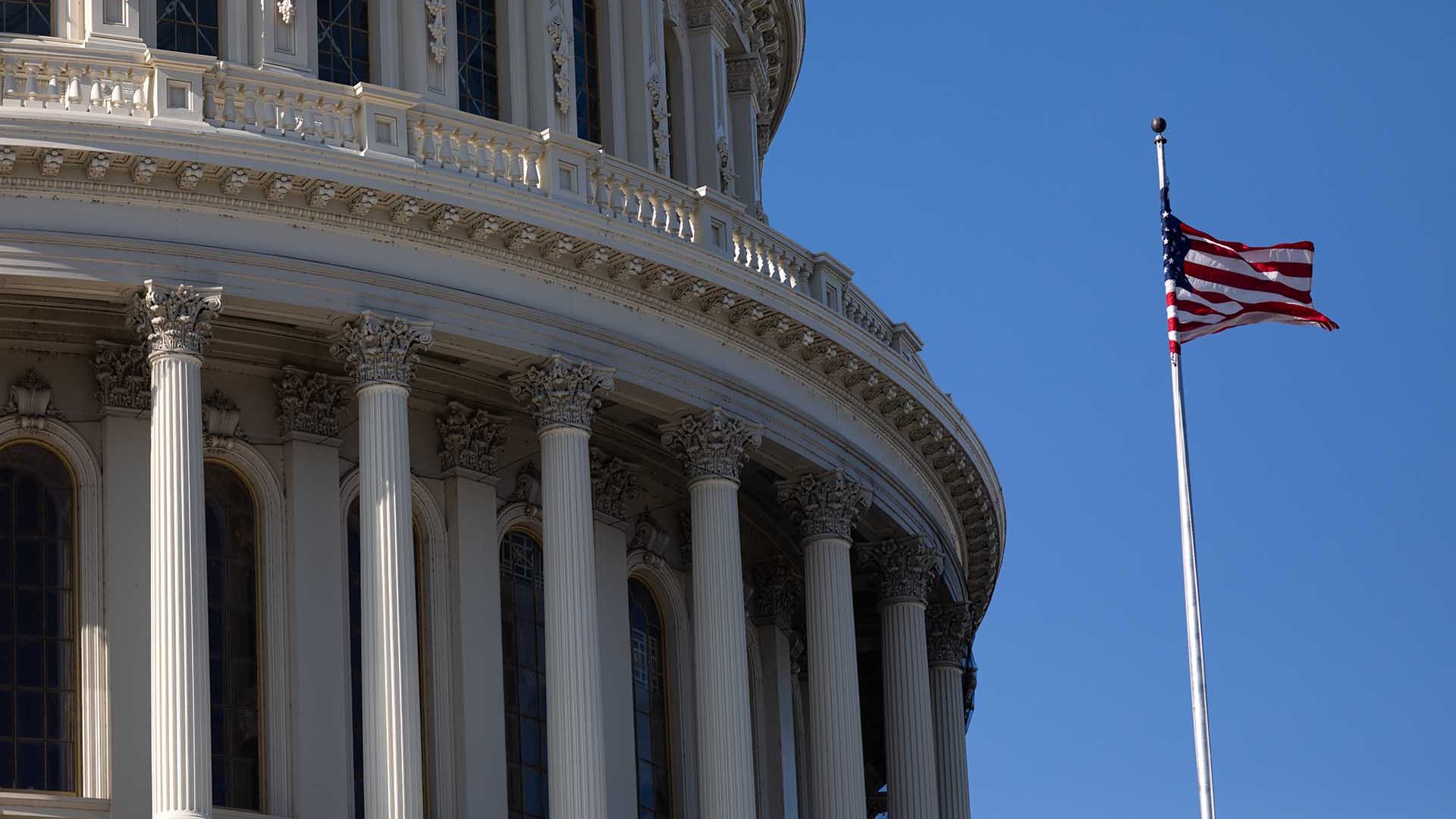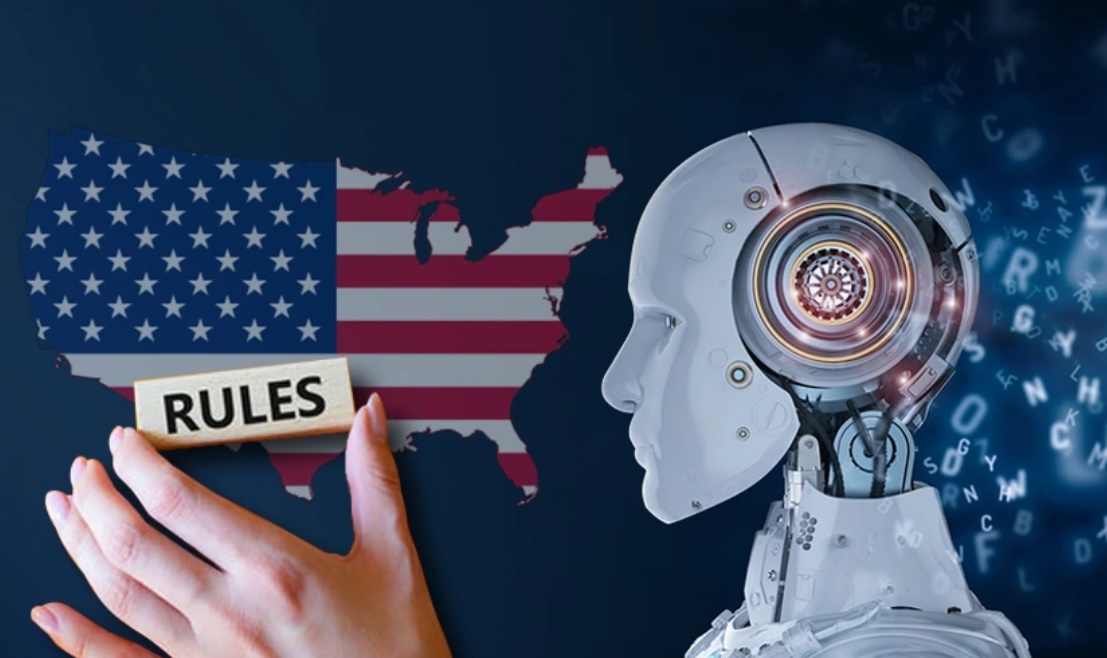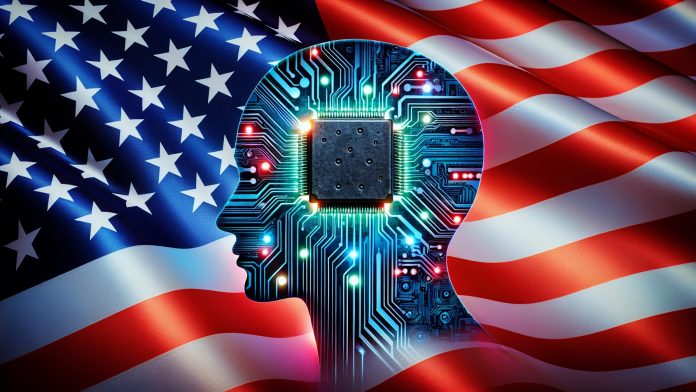🧠🇺🇸 Artificial Intelligence and National Security: America’s Emerging Power Struggle
BynambiPublished 87 days ago
🇺🇸 The U.S. Government's AI Strategy
The Biden administration and the newly formed National AI Security Task Force have issued the following priorities:
Defensive AI:
Enhance cybersecurity using autonomous AI threat detection.
Protect national infrastructure and military networks from adversarial AI attacks.
Offensive AI Capabilities:
Expand AI use in drone swarms, surveillance, and battlefield decision-making.
Implement ethical guidelines for autonomous weapons, while maintaining technological superiority.
Regulatory Safeguards:
Propose federal laws for AI transparency, accountability, and ethical usage.
Create civilian oversight boards to evaluate bias, civil liberties risks, and data misuse.
🧨 Threat Landscape: Where AI Meets Danger
1. Cyber Warfare
AI-powered malware can learn and adapt in real time, evading traditional defenses. U.S. agencies like the NSA and CISA now rely on AI to counter these threats — but adversaries do too.
2. Deepfakes and Disinformation
Synthetic media is weaponized for election interference and social disruption. Deepfake detection tools are advancing, but so are generative AI engines, creating a constant game of catch-up.
3. Autonomous Weapons
Debates are intensifying around U.S. development of AI-powered weapons. The Pentagon insists on “human-in-the-loop” protocols, but critics warn of an arms race that could spiral out of control.
4. Surveillance and Civil Liberties
Federal agencies are leveraging AI for border security, predictive policing, and public safety. But civil rights groups warn of racial bias, mass surveillance, and erosion of the Fourth Amendment.
🌍 Global AI Race: The U.S. vs China
The geopolitical AI rivalry between the U.S. and China defines much of American policy in 2025. While the U.S. champions open innovation and democratic values, China advances centralized, state-controlled AI systems.
China is exporting surveillance AI to authoritarian regimes.
The U.S. is investing billions in AI R&D, but also tightening export controls and monitoring foreign investments in American tech companies.
🧠 Ethics vs Efficiency: A Dilemma for Democracy
Can the U.S. balance innovation, ethics, and security?
Tech companies call for clear federal guidelines to avoid legal ambiguity.
Military leaders prioritize speed and supremacy but face pushback on ethical lines.
Lawmakers struggle to keep up with the pace of AI development, often relying on private-sector experts.
🔮 What’s Next?
The coming year will likely see:
A comprehensive AI Regulation Act in Congress.
Increased investment in quantum computing + AI fusion.
Civil society coalitions pushing for AI Bill of Rights protections.
Greater collaboration between NATO allies on AI threat detection and counterintelligence.
🏁 Conclusion: The Intelligence War of the 21st Century
AI has become more than a technology—it is now a core pillar of national power. The question America must answer in 2025 is not whether to lead, but how to lead responsibly in a world where algorithms can influence elections, destroy economies, or trigger global conflict.
Only with democratic oversight, ethical governance, and strategic foresight can the U.S. navigate the delicate line between strength and safety.
Would you like a version of this blog tailored for a tech policy newsletter, youth education, or social media campaign? I can also turn it into a script or infographic—just let me know!







.avif)







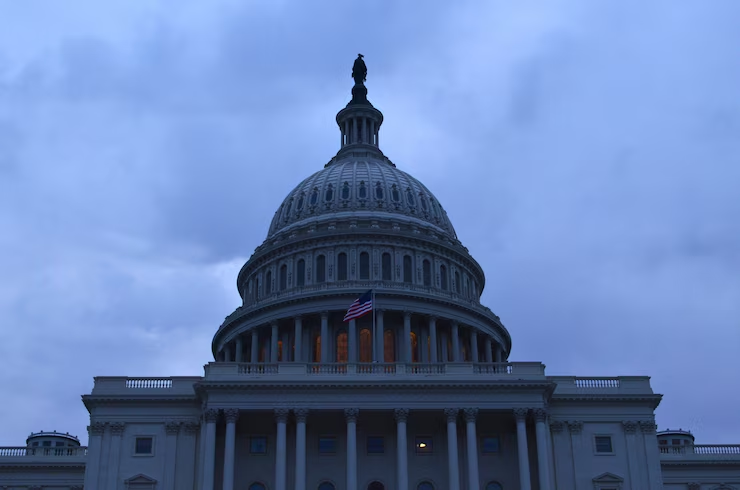








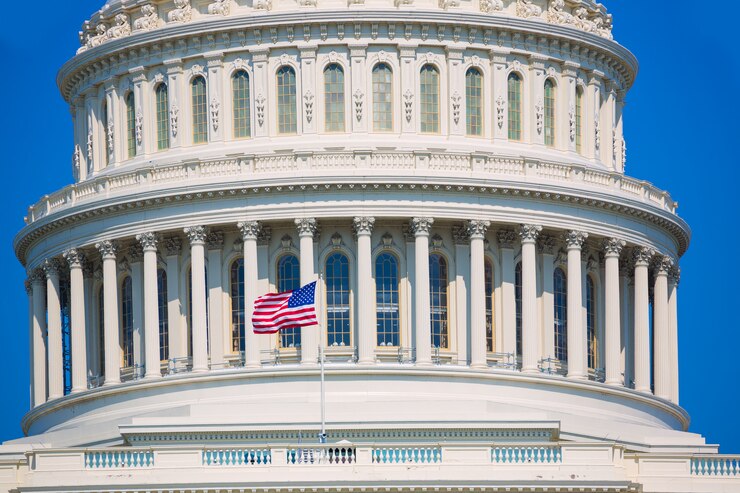

.jpg)





.png)






















.jpg)



